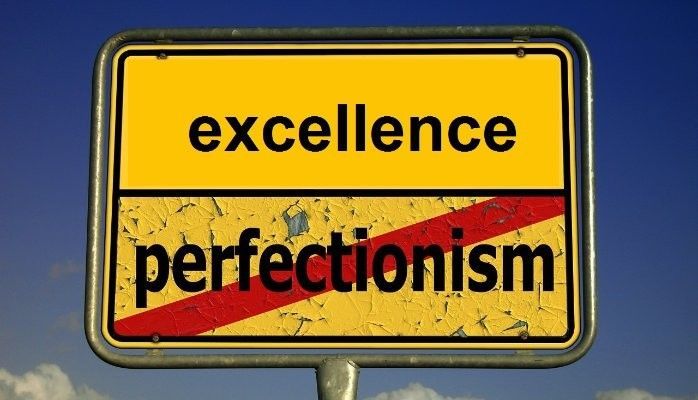The True Nobility of Self-Improvement Over Comparison
In an insightful conversation with a former professional athlete, I was struck by a profound dichotomy between winning and self-improvement. He candidly admitted that for him, success wasn't about being his best, but about being the best. This often meant adopting strategies not to enhance his performance, but to impede others, ensuring his victory. His perspective, while effective in a competitive sports arena, sparked a broader reflection on the nature of success and self-worth, reminiscent of an ancient Hindu proverb: "There is nothing noble in being superior to some other man. The true nobility is in being superior to your previous self."
The Zero-Sum Game of Constant Comparison
The athlete's approach is a classic example of a zero-sum mindset, where one's gain is invariably another’s loss. Such a philosophy, deeply ingrained in competitive fields like sports, often seeps into other aspects of life—business, relationships, and personal goals. This mindset can lead to unethical behaviors and a perpetual state of dissatisfaction, as the focus remains outward, constantly measuring oneself against others.
This external gaze is further exacerbated by the advent of social media. Platforms designed to connect us also subtly encourage a relentless comparison of achievements, lifestyles, and successes. This constant outward looking not only distracts us from personal growth but also diminishes our happiness, feeding into Theodore Roosevelt's famous adage that "comparison is the thief of joy."
Contrasting with the scarcity mindset of zero-sum games is the abundance mindset. This perspective views personal growth and success as limitless resources. It emphasizes improving oneself without the expense of others, focusing on internal growth and recognizing the infinite potential within. Adopting an abundance mindset shifts the paradigm from a focus on external metrics of success to an internal measure of progress and fulfillment.
How, then, can we cultivate this noble approach to life? Here are a few practical strategies:
- Mindfulness and Reflection: Regular practices like meditation and journaling can enhance self-awareness and foster an internal focus. They help us reflect on our progress and appreciate our journey without external validation.
- Setting Personal Goals: Develop personal goals that resonate with your values and ambitions, not those dictated by societal standards or peer achievements. This process involves introspection and a clear understanding of one’s desires and capabilities.
- Limiting Social Media: While challenging, reducing our social media consumption can have profound effects on our mental health and self-esteem. It helps shift our focus from comparative metrics to personal achievements and everyday joys.
Focusing on self-improvement rather than external comparison brings multiple benefits. Emotionally, it alleviates the pressure and stress associated with constant competition. Psychologically, it builds resilience and a stronger sense of self-worth as achievements are internally driven. Socially, it fosters healthier relationships unmarred by rivalry and envy, as we learn to appreciate others' successes without seeing them as reflections of our shortcomings.
This focus on personal growth leads to continuous learning and development, offering a sustainable path to happiness and fulfillment. Individuals who prioritize being superior to their previous selves often find themselves in a constant state of evolution, embracing challenges and viewing setbacks not as failures, but rather as opportunities for growth.
The journey of self-improvement is a noble pursuit. In a world that often values the external markers of success—wealth, status, and power—choosing to focus on personal growth is both countercultural and enriching. By striving to be superior to our previous selves, we engage in a process of continuous learning and development, unfettered by the need to outdo others.
This approach does not just alter how we perceive success; it transforms how we live our lives. It encourages us to find contentment and joy in our personal journey and to celebrate the achievements of others without resentment. As we look inward for validation rather than outward for comparison, we cultivate a life of genuine fulfillment and peace.
I encourage everyone to embrace this mindset. Evaluate your motivations, set personal goals, and let go of the incessant need to compare. Remember, the most significant victory is not over others, but over the limitations we set for ourselves. Embrace this noble path and discover the infinite potential that lies within you.











